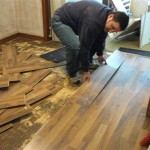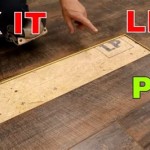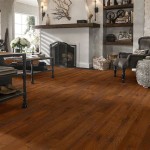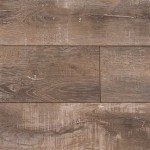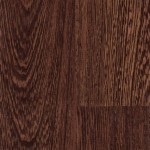Faux Brick Tile Flooring: Enhancing Your Home's Style and Value
Faux brick tile flooring has gained immense popularity as a versatile and cost-effective alternative to traditional brick flooring. It combines the classic aesthetic of brick with the practicality and durability of ceramic or porcelain tiles. In this article, we will explore the essential aspects of faux brick tile flooring, its benefits, and how to choose and install it.
Benefits of Faux Brick Tile Flooring
There are several advantages to choosing faux brick tile flooring:
- Durability: Ceramic and porcelain tiles are highly durable, resistant to wear, scratches, and stains.
- Low Maintenance: Unlike natural brick, faux brick tiles require minimal maintenance. They are easy to clean and do not require sealing or repointing.
- Water Resistance: Faux brick tiles are waterproof, making them an ideal choice for areas that are prone to moisture, such as kitchens, bathrooms, and mudrooms.
- Versatility: Faux brick tiles come in a wide range of colors, textures, and patterns, providing endless design possibilities.
- Authenticity: Modern manufacturing techniques can create faux brick tiles that closely resemble the look and feel of genuine brick, without the associated costs and labor.
Choosing Faux Brick Tile Flooring
When selecting faux brick tile flooring, consider the following factors:
- Color and Texture: Choose a color and texture that complements your home's decor and personal style.
- Size and Shape: The size and shape of the tiles can impact the overall look of the floor. Consider rectangular, square, or herringbone patterns.
- Material: Ceramic and porcelain are the most common materials used for faux brick tiles. Ceramic is less expensive, while porcelain is more durable and water-resistant.
- Slip Resistance: For areas where safety is a concern, choose tiles with a textured surface or a higher slip-resistance rating.
- Budget: Faux brick tile flooring can vary in price depending on the material, size, and installation method.
Installing Faux Brick Tile Flooring
Installing faux brick tile flooring is a job best left to professionals. However, here are the general steps involved:
- Prepare the subfloor by ensuring it is level, clean, and dry.
- Apply a thin-set mortar to the subfloor using a notched trowel.
- Lay the tiles onto the mortar, aligning them carefully.
- Grout the joints between the tiles using a grout float.
- Clean the floor and allow it to cure before walking on it.
Conclusion
Faux brick tile flooring offers a combination of style, durability, and affordability that makes it a popular choice for both residential and commercial spaces. By considering the factors discussed in this article, you can choose and install faux brick tile flooring that will enhance the aesthetic and functional value of your home for years to come.

Diy Faux Brick Flooring Sincerely Marie Designs

Brick Flooring Tiles Thin Walls Floor Tile

Authentic Brick Floor Tiles Experienced And Stone

Authentic Brick Floor Tiles Experienced And Stone

Diy Faux Brick Flooring Sincerely Marie Designs

Authentic Brick Floor Tiles Experienced And Stone

Diy Faux Brick Flooring Sincerely Marie Designs

Brick Tile Flooring Is It Original To The 1960s And Should Marie Keep Retro Renovation

Authentic Brick Floor Tiles Experienced And Stone

Tips For Installing Brick Floors Thewhitebuffalostylingco Com
Related Posts


